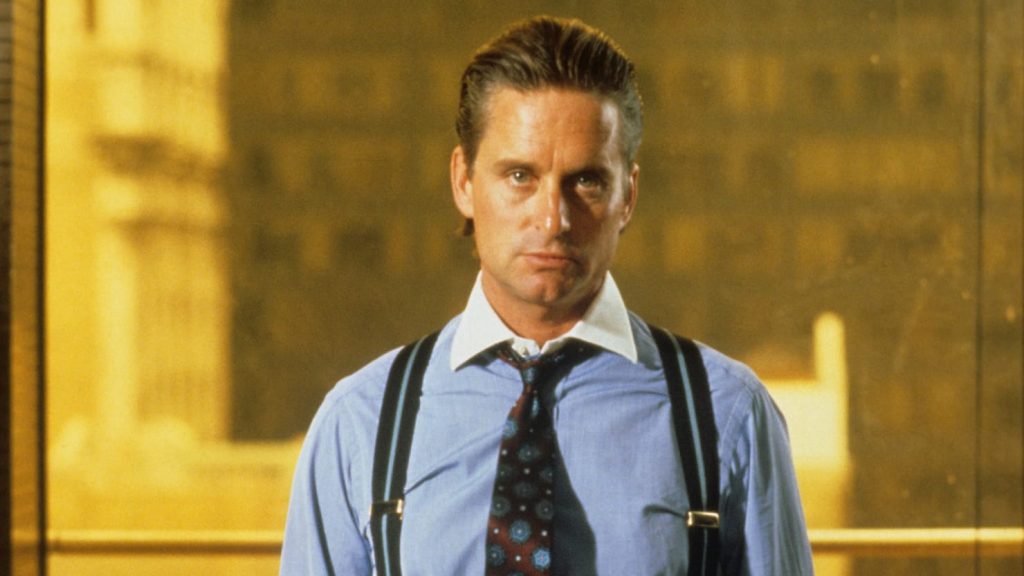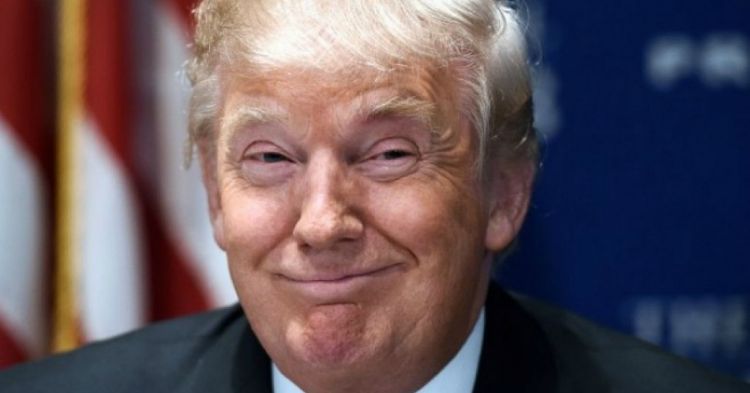
No person shall be held to answer for a capital, or otherwise infamous crime, unless on a presentment or indictment of a Grand Jury, except in cases arising in the land or naval forces, or in the Militia, when in actual service in time of War or public danger; nor shall any person be subject for the same offence to be twice put in jeopardy of life or limb; nor shall be compelled in any criminal case to be a witness against himself, nor be deprived of life, liberty, or property, without due process of law; nor shall private property be taken for public use, without just compensation. – Fifth Amendment, United States Constitution
“The government has two arms of varying length. The long one is for taking—it reaches everywhere. The short one is for giving—it reaches only to those nearest.” -Ignazio Silone, Bread and Wine.
“Greed is good.” – Gordon Gecko, fictional character, Wall Street (1987)
There exists in America a conventional wisdom that capitalism is the official foundation of our economy. Through the years, the media has done such an amazingly effective job of selling us this notion that you can randomly sample 100 people on the street and it’s a sure bet that nearly all of them will express the belief that capitalism is protected by our constitution. Quite possibly those emphasized words taken from the fifth amendment provide the strongest, and only, evidence to support the notion that America is capitalist by decree. But it isn’t.
There is no “official” economic standard for the United States. It just sort of happened. There is no single event or person we can point to and declare it or he (because, let’s be honest, back then, women were good for two things, birthing and burning at the stake for witchcraft—I’m only slightly joking about the witchcraft thing) to be the defining moment that capitalism became the de facto basis of our economy. It just sort of happened. This isn’t to say that it was entirely random, bereft of any influence. No, it means that we gravitated towards capitalism as the result of a culmination of ideas, events, activities, etc.
One argument is that it came from the notion of the Puritan work ethic. Another is that it came from the notion that people wanted their privacy from government. Our early settlers came here to escape the meddlesome snoopery of the British monarchy, and while the compelling motivator was religious freedom, the notion of privacy makes a fairly seemless transition from thought to tangible objects, and from there, to property itself. The idea that the government had no business prying into the private affairs of its citizens is easily translatable to the concept of trade and bartering, thus lending to the idea that the government should have no say in how two people or two entities choose to do business with one another.
On its face, this seems like a rather sensible and even noble idea. Liberty should, in theory, apply to how I choose to conduct business just as much as it applies to how I choose to worship, or decline to worship. It makes sense, and it’s difficult to argue otherwise…in theory.
However, we know that things rarely work in practice the same way they work in theory. If I post an item for sale on eBay or Craigslist, my reptuation is at stake, and if I do not behave fairly with those with whom I am conducting my business, then I will suffer the consequence of poor reviews, and my ability to conduct business will suffer. This works best when both myself and the agent with whom I am conducting business both maintain equal amounts of influence and “power.” We both must behave in authentic and honest manners in order for us both to have a satisfying experience, and in order for us both to continue enjoying success in such a marketplace. But not everyone is authentic, and not everyone is honest, and not everyone enjoys equitable influence and power when conducting business.
What happens when a dishonest person or entity enjoys a greater degree of influence? How do those with lesser influence or power enter into a fair deal with such a person or entity? This is one of the functions of government—to act as a collectively influential and powerful broker on behalf of those who do not enjoy individual influence or power.
What happens, then, when the dishonest and influential entity corrupts that collective?
- Insys Therapeutics, a pharmaceutical company that developed an opioid treatment for cancer called Subsys, stands accused of engaging in fraudulent activities to boost sales of its highly addictive drug. Insys was known to direct its employees to pose as doctors to defraud insurers to approve the drug for patients, some of whom didn’t even have cancer. Their motivation was nothing more than to increase sales.
- Wells Fargo is now admitting that they have “discovered” an additional 1.4 million fake accounts the bank had opened in order to create more profits from fees and other charges against customers who had no idea such fake accounts had been opened in their names. Wells Fargo executives have naturally reacted with shock and surprise as they portray this entire episode as some bizarre activity undertaken by exuberantly motivated low-level staffers, and that such a scheme would never have been created at the executive level and trickled down to its underlings to take responsibility if such a fraud were ever uncovered.
- Facebook admitted, after more than a year of denial after denial after denial, that it took money from Russian interests to buy ads and sponsored content on the social media platform with the express intent of influencing our national election. It should be known that such an activity is actually illegal. So, it can be argued that Facebook sold our democracy for $100,000. Naturally, Facebook is pretending they had no idea that this had
happened, and that, after all this time flat out denying it happened, suddenly “discovered” that it did happen. Is the timing of their “discovery” coincidental to anything? - Another pharmaceutical company, Mylan, took control of the epinephrine delivery device, EpiPen, in 2007, and immediately began to gradually, and continually increase its cost to the point where it is now nearly unaffordable for most families who need it. Heather Bresch, Mylan’s CEO, is, coincidentally, the daughter of West Virginia senator Joe Manchin. When Bresch was asked why her company jacked the price up over 500% over ten years, Bresch responded, “Because we realized there was an unmet need.”
- Tom Price, donald trump’s current secretary of Health and Human Services, was a representative for Georgia’s 6th District in May, 2016, when he introduced legislation that would directly benefit McKesson, a medical supply and equipment company. What made it odd was that Tom Price had invested in McKesson just the month before. Shortly after Price’s investment, McKesson announced in its annual report that its earnings were at risk due to Medicare issues. It was, naturally, purely coincidental that the legislation that Price introduced addressed the very issue that was having a negative impact on McKesson’s earnings. This wasn’t even the first time that Price had allegedly used his position as a member of the health subcommittee to trade on his congressional position to benefit himself financially. In 2012, Price conveniently sold his stock in Amgen just weeks before the company plead guilty to illegally marketing a drug.
What we have seen happen over the years is that corporatists and capitalists have just simply taken over the entity that was designed to keep them in check, and no one batted an eye. In fact, they didn’t just not bat an eye, they championed such takeovers as exactly what America needed. People argued that our government should run just like a corporation, and be run by people with corporate executive experience.
We have accepted as true that our government exists to further the interests of capitalism and its greatest beneficiaries, the corporation.
Who looks out for the people?
With the revelation that Facebook very well might have sold our Democracy for a paltry $100,000, and the news of such landing with a nearly silent thud that barely stirred the interest of news directors at nearly every major media outlet, have we reached the point where we can now state unequivocally that our government is no longer “of the people, by the people, and for the people” but “up for grabs to the highest bidder”?
We are learning that at least 62,985,106 private citizens, 304 delegates, 240 congressional representatives, and 52 senators believe this to be true.
Here’s your trump picture:
